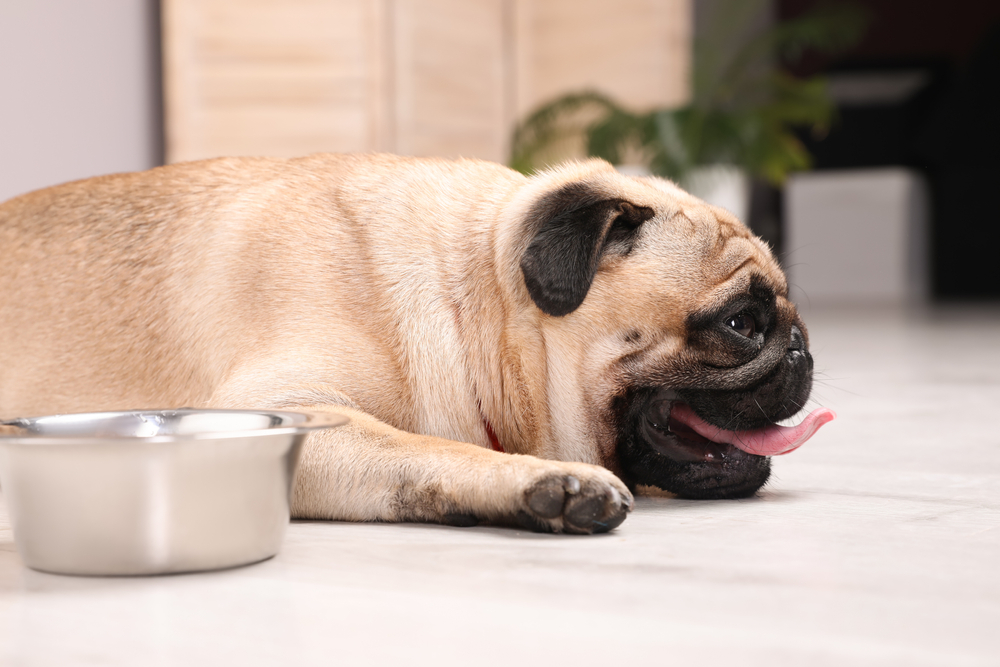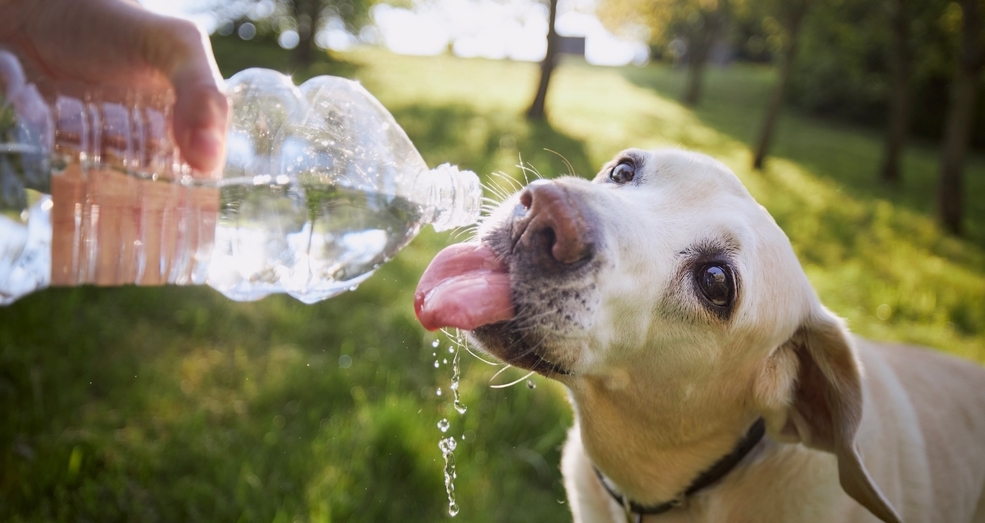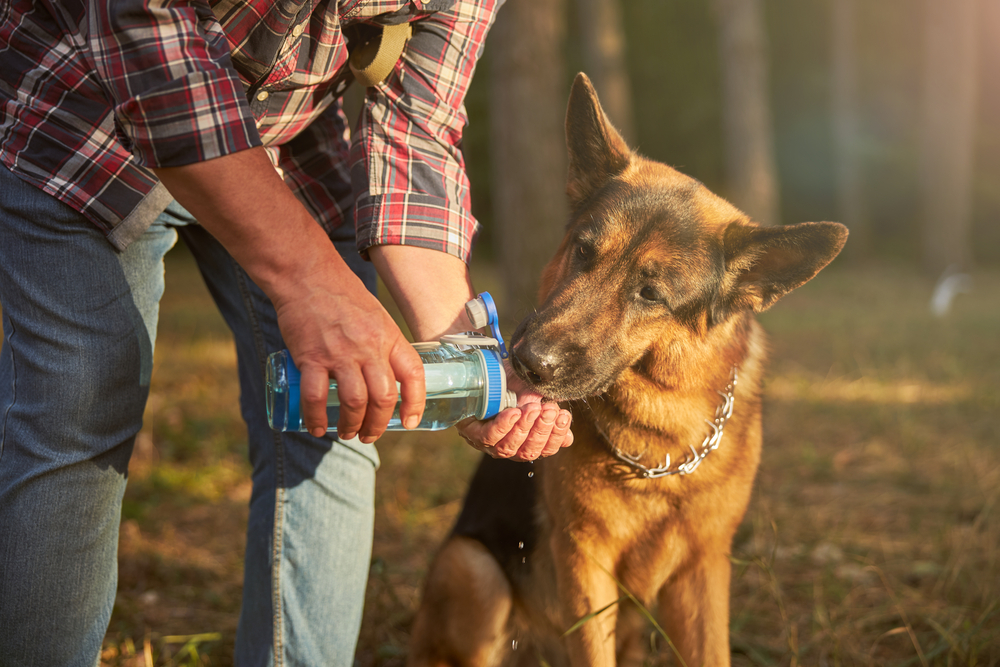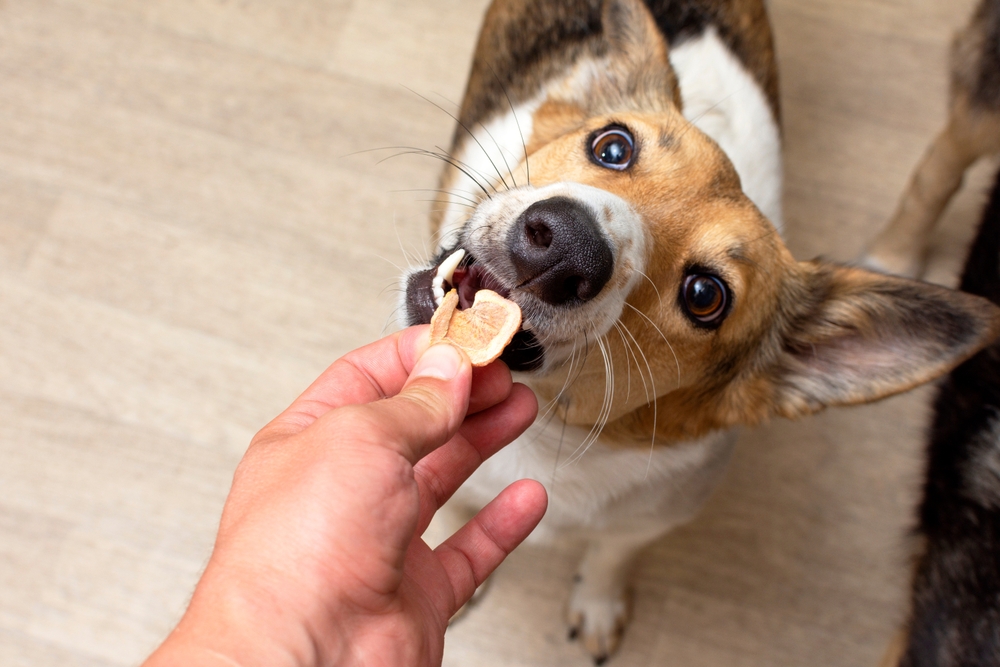
Signs of Dehydration in Pets
As the summer heat intensifies, it’s crucial to ensure our pets remain properly hydrated. Dehydration in pets can lead to serious health issues if not addressed promptly. At Wesson Animal Clinic, we want to help you recognize the signs of dehydration and keep your pets healthy and happy.
What is Dehydration?
Dehydration occurs when your pet loses more fluids than they take in, leading to an imbalance of essential electrolytes in their body. This condition can be triggered by various factors such as excessive heat, illness, or insufficient water intake.
Common Signs of Dehydration in Pets
- Dry Nose and Gums: A well-hydrated pet usually has a moist nose and gums. If your pet's nose and gums are dry or sticky, it could be a sign of dehydration.
- Lethargy: Dehydrated pets often exhibit low energy levels and seem unusually tired or sluggish. They may be less interested in activities they usually enjoy.
- Loss of Appetite: A decrease in appetite can indicate dehydration. Pets might refuse food or eat significantly less than usual.
- Sunken Eyes: One of the more severe signs of dehydration is sunken eyes. This indicates that your pet's body is struggling to maintain adequate hydration levels.
- Panting and Excessive Drooling: While panting is normal for dogs, excessive panting or drooling can signal dehydration. Cats, on the other hand, don't usually pant, so if they do, it's a cause for concern.
- Loss of Skin Elasticity: You can perform a simple skin elasticity test by gently lifting the skin between your pet's shoulder blades. If the skin doesn't snap back quickly, it might indicate dehydration.
- Dark Urine or Decreased Urination: Darker urine or less frequent urination are signs that your pet might not be getting enough fluids.

What to Do if You Suspect Dehydration
If you notice any of these signs, it’s essential to act quickly:
1. Provide Fresh Water: Ensure your pet has access to clean, fresh water at all times. You might need to encourage them to drink by adding a little flavor to the water, such as a splash of low-sodium chicken broth.
2. Offer Hydrating Foods: Wet food can help increase your pet’s water intake. Consider adding water to their dry food or offering hydrating treats like watermelon (without seeds) or cucumber.
3. Keep Them Cool: Avoid exposing your pet to excessive heat. Provide shaded areas and consider using cooling mats or fans.
4. Consult Your Veterinarian: If your pet shows severe signs of dehydration or if home remedies don’t seem to help, seek veterinary care immediately.
Keep Your Pet Hydrated and Healthy with Wesson Animal Clinic
Dehydration is a serious condition that requires prompt attention. By recognizing the signs early and taking preventive measures, you can help ensure your pet stays healthy and hydrated. If you suspect your pet is dehydrated or if you have any concerns about their health, don’t hesitate to reach out to us at Wesson Animal Clinic. Our experienced team is here to provide the best care for your furry friends.
Book an appointment with Wesson Animal Clinic in Mobile, Alabama, today to ensure your pet receives the attention and care they deserve.
Your pet’s health is our top priority, and we are committed to helping them lead a happy and hydrated life.


